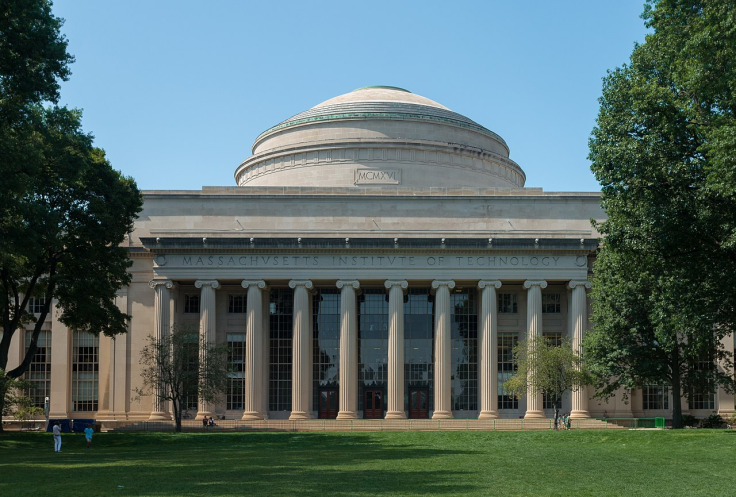MIT Rejects Trump Administration's Federal Funding Agreement Over Academic Freedom
By
CAMBRIDGE, Mass. — Massachusetts Institute of Technology President Sally Kornbluth said Friday the university will not participate in the Trump administration's "Compact for Academic Excellence," a federal initiative linking funding to compliance with new rules on tuition, diversity policies, and research oversight.
In a letter to the White House, Kornbluth emphasized that MIT's participation would threaten institutional independence and academic freedom. She noted that the compact's requirements could force universities to alter admissions and hiring policies or change curricula to maintain federal support.
"In our view, America's leadership in science and innovation depends on independent thinking and open competition for excellence. In that free marketplace of ideas, the people of MIT gladly compete with the very best, without preferences." Kornbluth wrote. "Therefore, with respect, we cannot support the proposed approach to addressing the issues facing higher education."
The compact, announced last month, offered billions of dollars in potential federal funding to universities willing to comply with a set of guidelines promoted by the administration, including tuition freezes, restrictions on foreign collaborations deemed sensitive, and reporting mandates on international students and researchers.
MIT joins other prominent institutions, including Harvard and Princeton, in rejecting the compact. Critics of the initiative say it imposes politically motivated conditions on institutions of higher education and undermines long-standing standards of academic freedom in the United States.
A White House spokesperson said the administration remains committed to working with universities to support high-quality education and research but did not comment on MIT's refusal.
The decision highlights growing tension between leading U.S. research universities and the federal government over funding conditions and policy compliance, a dynamic that could influence global competitiveness and the recruitment of international students.
© 2026 University Herald, All rights reserved. Do not reproduce without permission.








